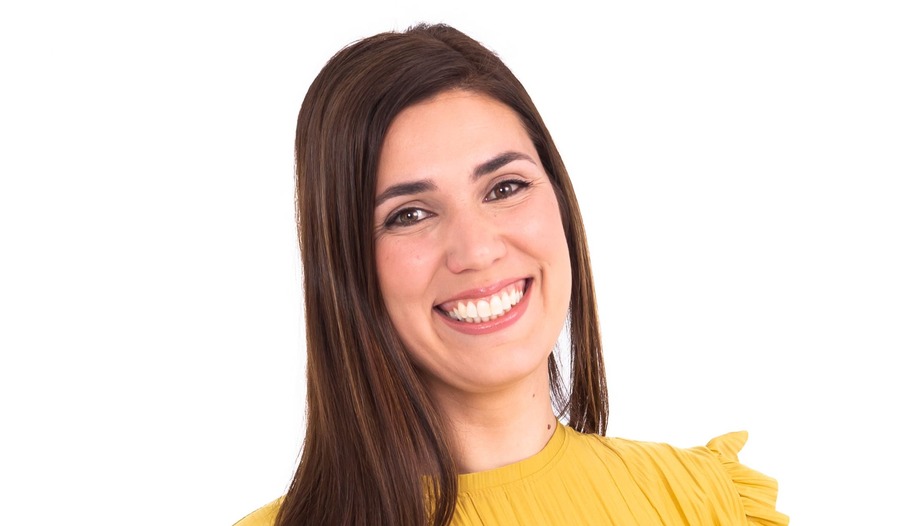On Friday, October 20, the documentary film "Madre no hay más que una", a tribute to motherhood through the example of six specific mothers: Ana, BlancaIsa, Olatz, María and Bea. Directed by Jesús García ("Medjugorje, la película") and produced by Gospa Arts, "Madre no hay más que una" shows the testimonies of these six mothers at a time when there are fewer and fewer births and even couples who have many children are judged.
You can see the theaters where you can enjoy the movie and more information. here.
In Omnes we have interviewed Ana, one of the protagonists, a doctor in Philology who is dedicated to the research of ancient manuscripts and manuscripts. A few months ago she appeared in ABC because she was not allowed to board the train with her four children.
What did motherhood mean to you?
It was an overwhelming surprise that lasts to this day. I never imagined that motherhood could resize my life in such a way, filling everything with a new fullness. My children have helped me to take a renewed and grateful look at my own parents, to marvel even more at the mystery that is life, and even to understand its meaning more deeply: I look at my children and quickly understand that I am here to love and be loved, that because I have been called into existence I have an inalienable value and beauty. Living with them, moreover, allows me to rediscover the child in me, helps me to become small, simple, joyful.
How does your vocation to marriage make you grow in your relationship with God?
My marriage is the greatest gift I have received from God, from it our children are born: the way I found my husband against all odds and the way he complements me make me absolutely sure that there is a provident God who has made us cross paths; my husband is my resting place, the necessary help, my greatest joy.
At the same time, the opportunity for mutual self-giving that marriage means helps me to understand the dynamics of the gift in which our life finds its deepest meaning: I am made to give my life and I know this because in this giving to each other we experience ourselves more and more happily.
In today's society, the emphasis is often placed on the fact that motherhood means giving up other things, such as professional growth. Do you share this opinion?
For me, the first mistake involved in this diatribe is that of having placed family and work in the same place, as if in reconciling the two were on an equal footing. My motherhood and my responsibility shape me ontologically, but not my work, which I love and live as a mission, but in no way is on a par with my husband and my children.
For me it is rather the other way around, I believe that work should be adapted to the family, to its rhythms and needs, as far as possible. Moreover, if my children have brought something to my work, it is the possibility of living it in a very free way, without putting on it the forging of my self-esteem; my life is already full, regardless of my work performance. In fact, the expression "work fulfillment" has never convinced me; among other things, because I do not fulfill myself: I am in relation to others, who make me a wife, a mother and also a teacher.
What has been the biggest challenge of being a mother?
For me the greatest challenge, the greatest difficulty, is to understand that I cannot free my children from suffering, something I explain in the film; it is very difficult for me, although I know that this is so and that, in fact, I should not fall into the illusion or the trap of trying to keep them in a bubble. For a mother, a child's suffering hurts more than her own.
¿Phy do you think people should see this film?
I think this film is a gift because it shows that surrender, fatigue, renunciation of oneself, far from being an enemy to reach happiness, are its springboard. It saddens me that more and more we speak of children as a burden, instead of as an immense gift that we will not have enough life to contemplate, understand or be grateful for. I think we live in a society that proposes a very hedonistic and individualistic concept of happiness, for which motherhood is presented as an obstacle; and in this sense, it seems to me that the testimony of each of the mothers who appear in the film manages to show that the deepest joy is hidden among diapers and tiredness, but also among laughter, hugs and precious conversations before bedtime.








